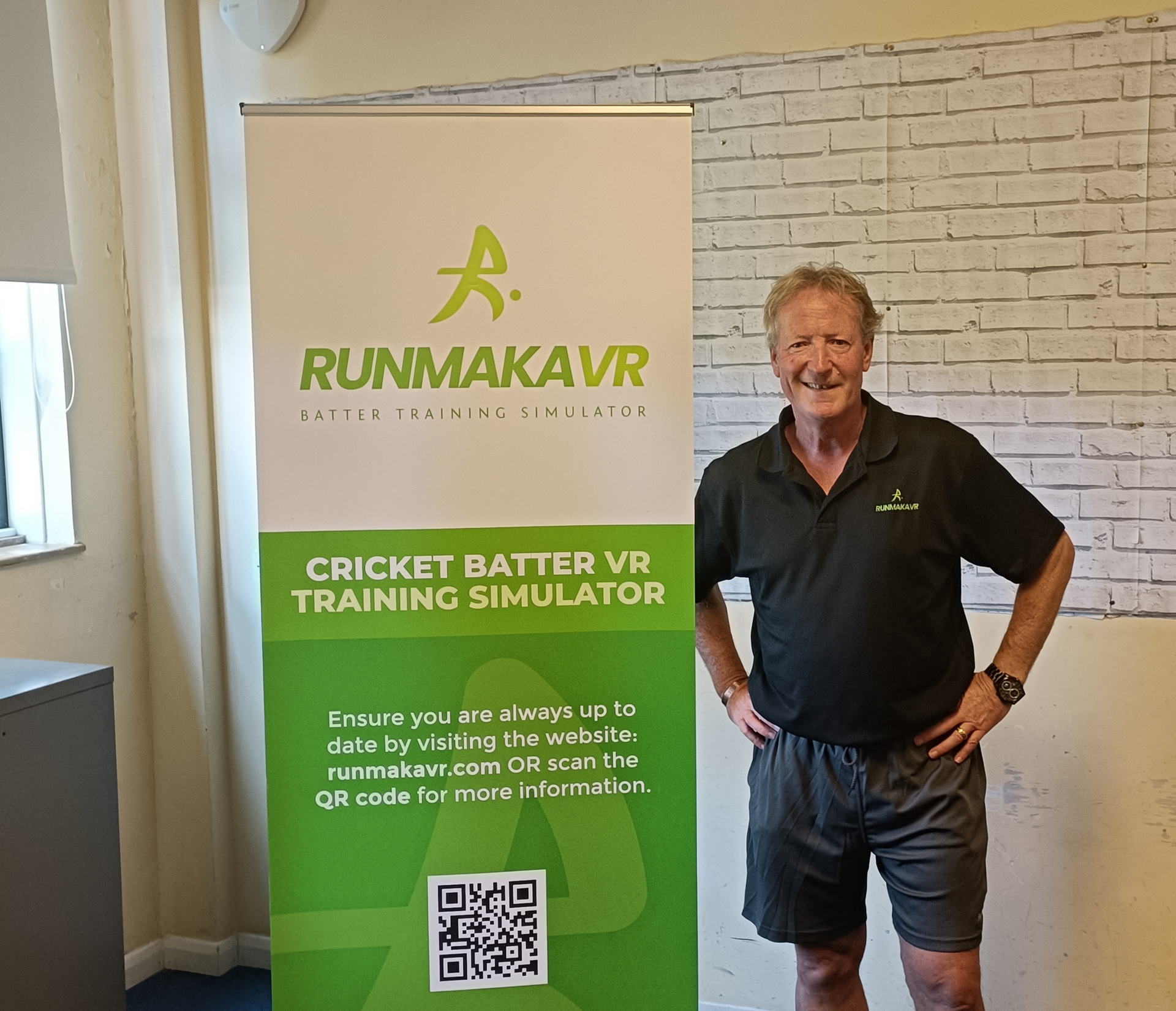Simple pleasures - bat on ball
Simple pleasures - bat on ball
Last weekend I ran a few demo sessions with the simulator at Taunton St Andrews Cricket Club in Taunton. A mate (Kev) of mine came in and had a go, before letting his seven year old son (Ollie) have a hit. Both enjoyed themselves.
The next morning I received a text from Kev saying that the first thing Ollie asked when he woke the next morning was to have another hit on the app. He said he had really enjoyed the sound of the ball being hit by the bat. And there we have it. The simplicity of what draws us into the game / any game at the very beginning. Whether it’s a sound, a feeling or the sight of the ball disappearing. Something clicks in all of us. We simply want that sound, feeling, sight again.
Theres the simplicity, but with simple comes complicated and we start labelling with Kinaesthetic, Audio and Visual. That’s education and it’s a hugely relevant part of learning and development.
Balancing complicated messages with simplicity is very tough. At what point do the complicated messages overwhelm? At what point does joy become pressure? I can’t recall the word pressure being mentioned once in my development years. We played, we won, we lost, we drew, we went home desperate for the next game to come along. No analysis at all. No pressure, just freedom to learn.
Of course, we have to provide information as the player needs as much of it as they can to work out what’s right and what’s wrong (for them). In essence we throw all of this information at the player with the intention that they have to learn to declutter their mind. Retain what they need and remove what they don’t. Without the information though, they cannot do that. My brains already hurting… The truth is, to manage their games effectively, they’ll probably remove more than they need to retain!
As I’ve grown as a coach, I still provide information, yet less directly. I ask more questions. I facilitate training experiences for the player. I let the player tell me what’s happening. Last night, a lad played a magnificent on drive to finish his session and he then explained to me what he had done. I asked him, would he have preferred me to tell him how to do it, or was he happier simply discovering it? Is he likely to remember it better being told or discovering? Which is more empowering to him?
I’m not saying I’m right, it’s just what I have found more and more if I guide, rather than instruct. Does the outcome have to be now? If I remove the process by providing the answer, is that really helping the player / team?
And I return to Runmaka VR again. Simple pleasures with complex potential. Self-learning and / or coach led. Exploration and empowerment.
Contact Us / Arrange A Demo
Contact Us
Thank you for contacting Runmakavr.
We will get back to you as soon as possible.
Please try again later.
